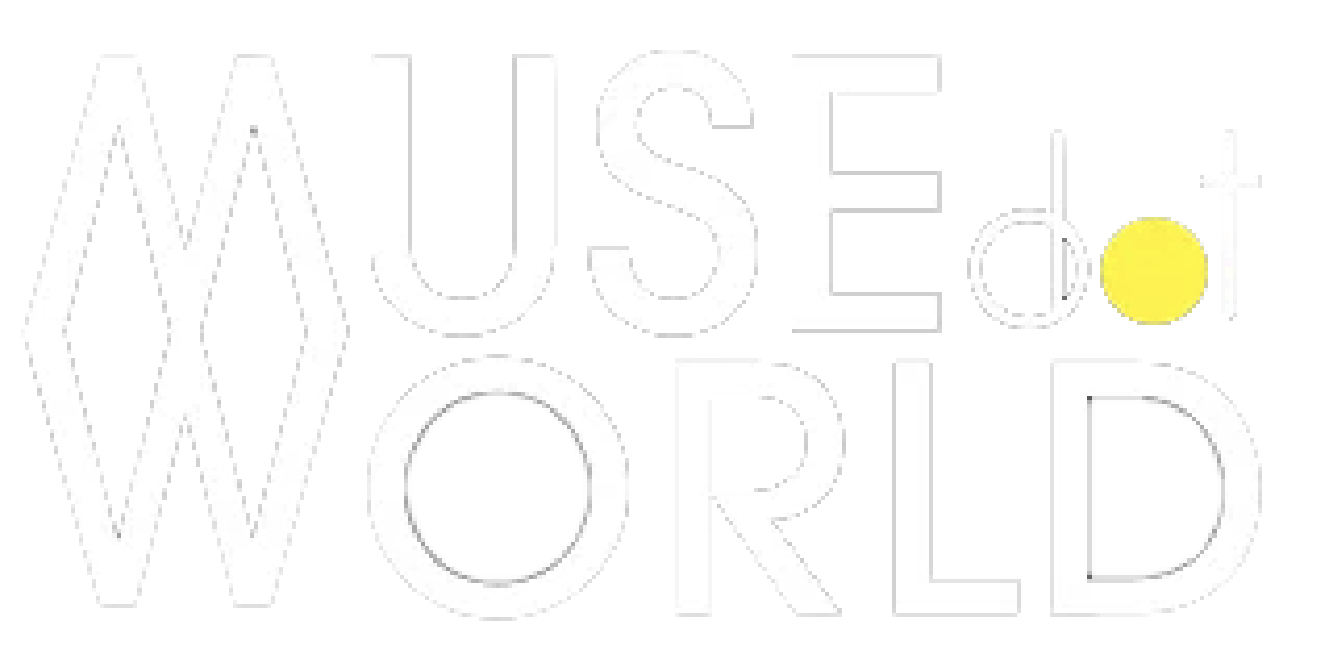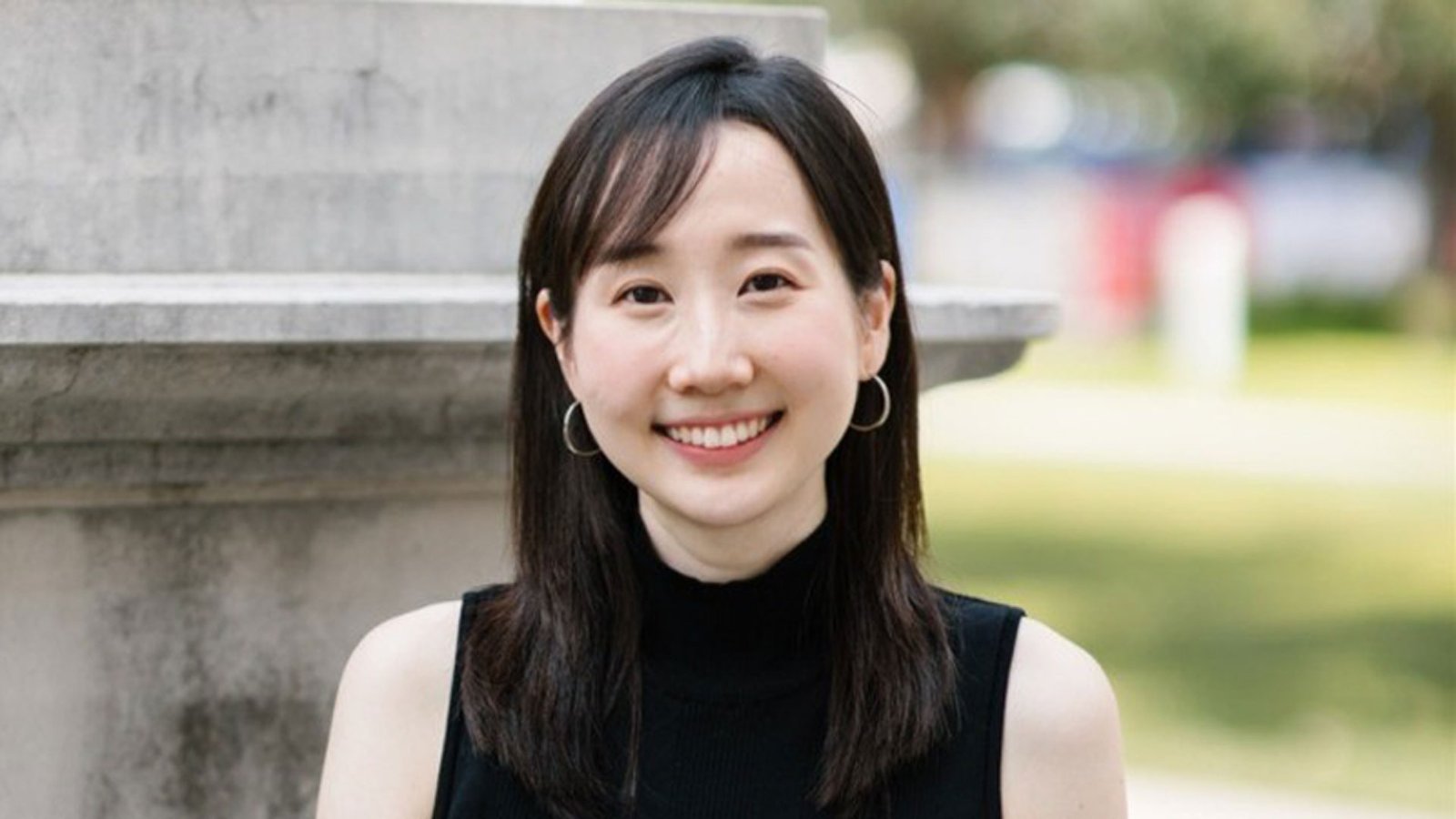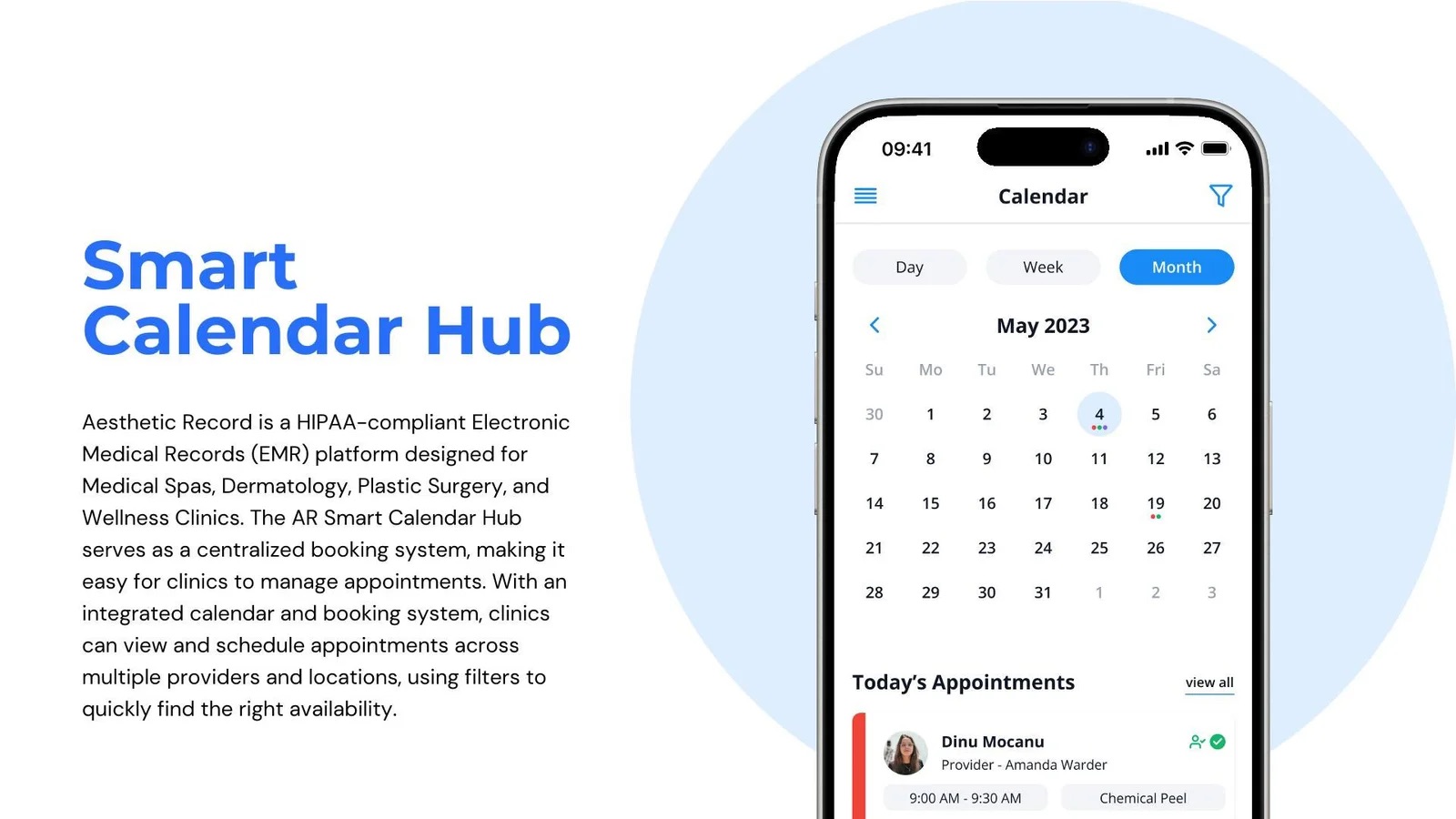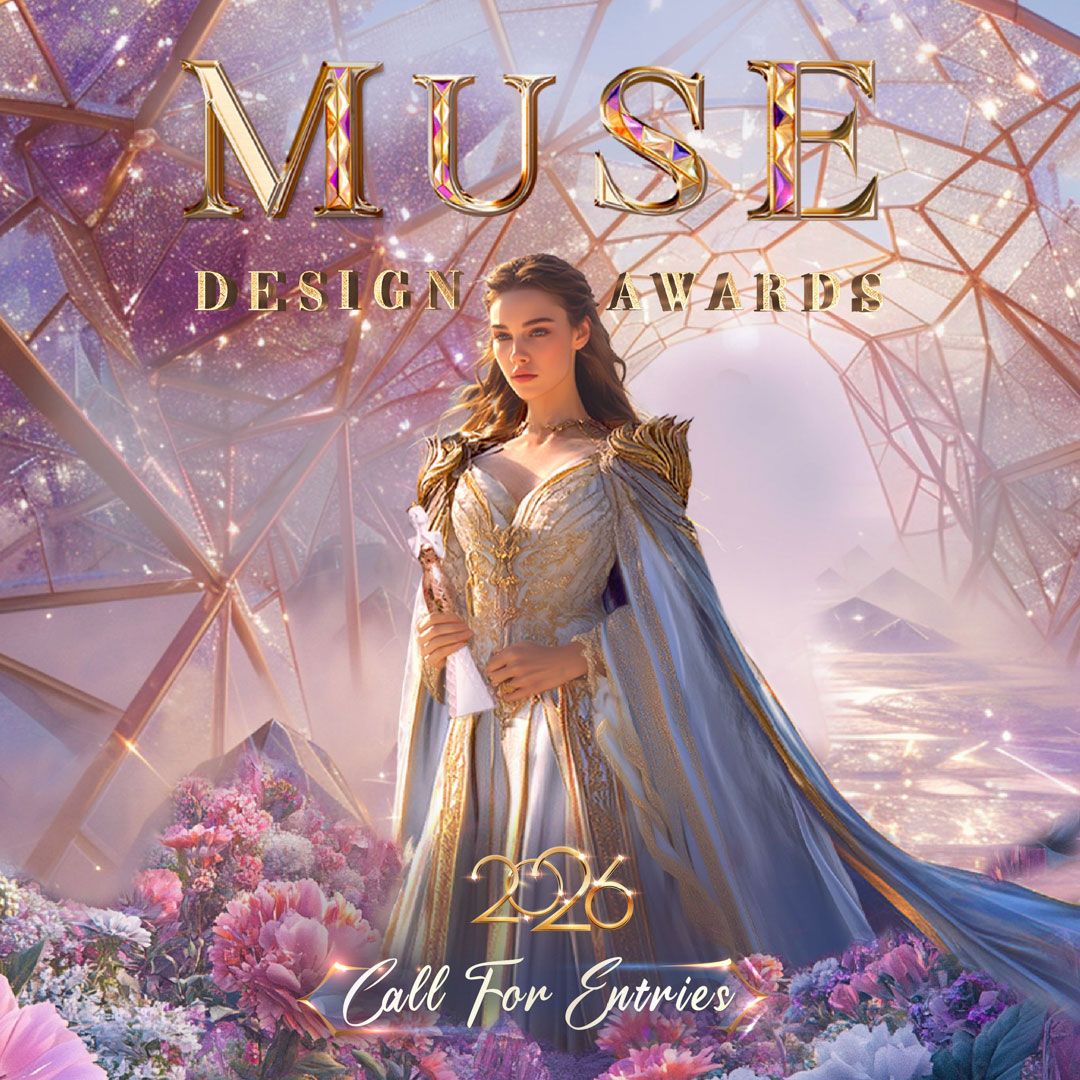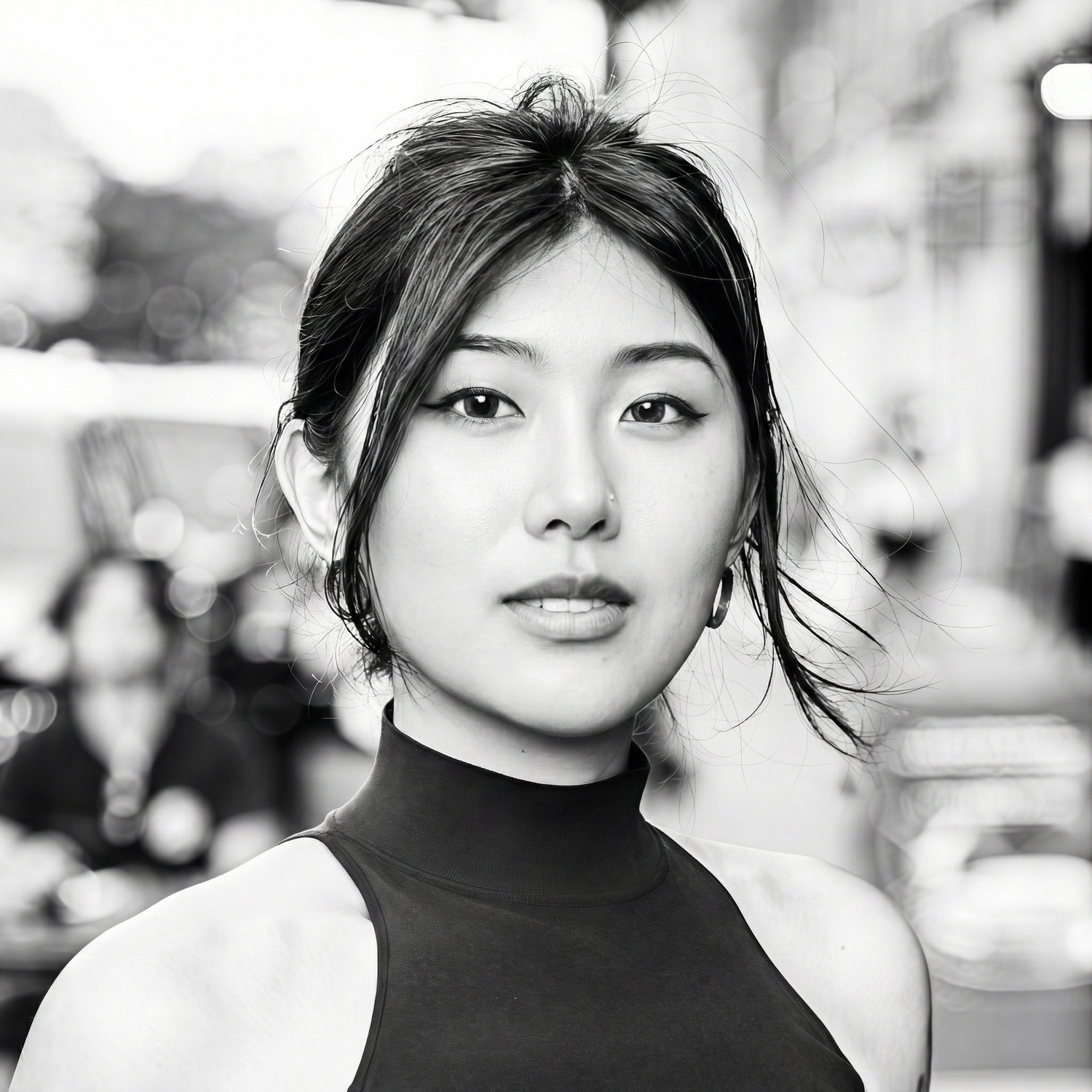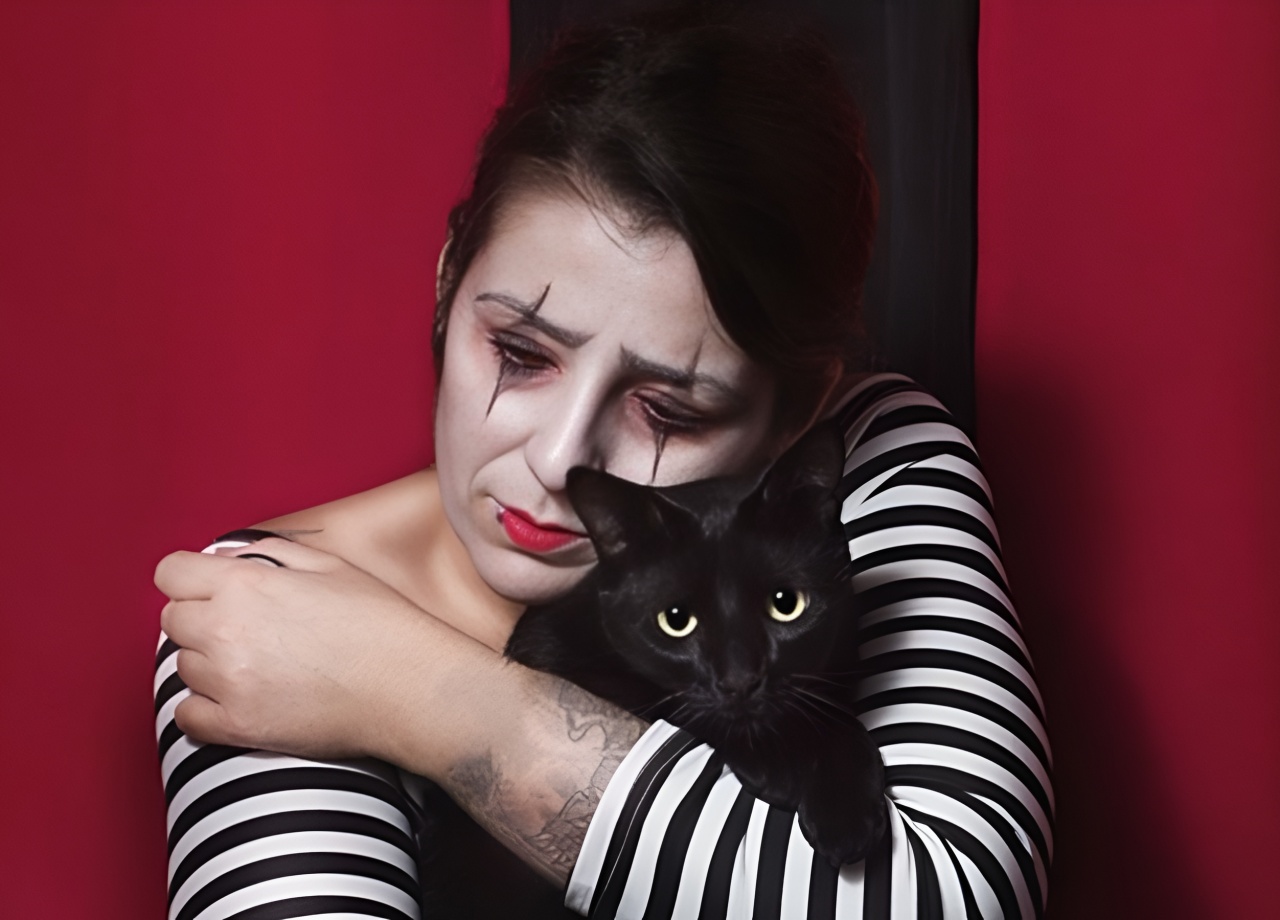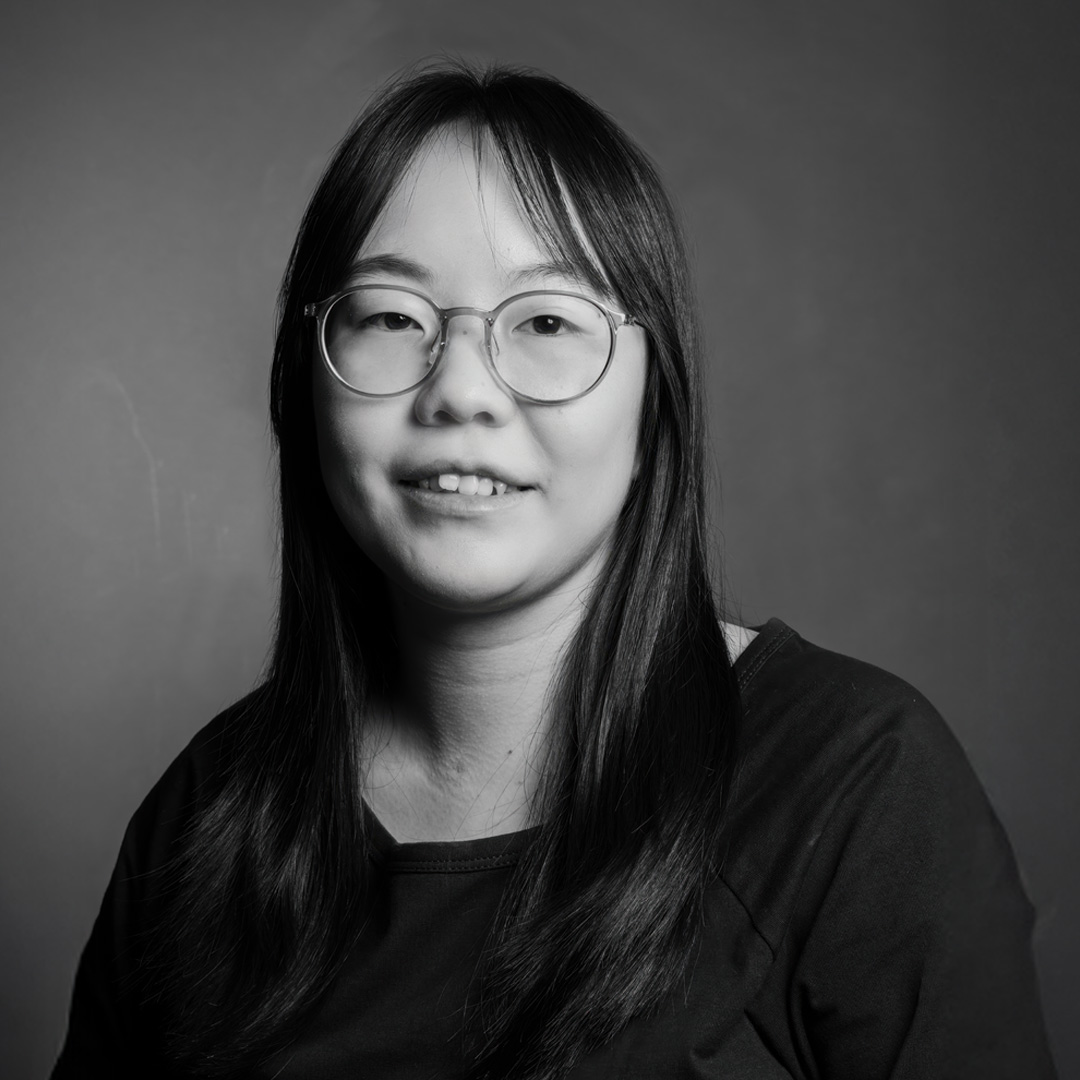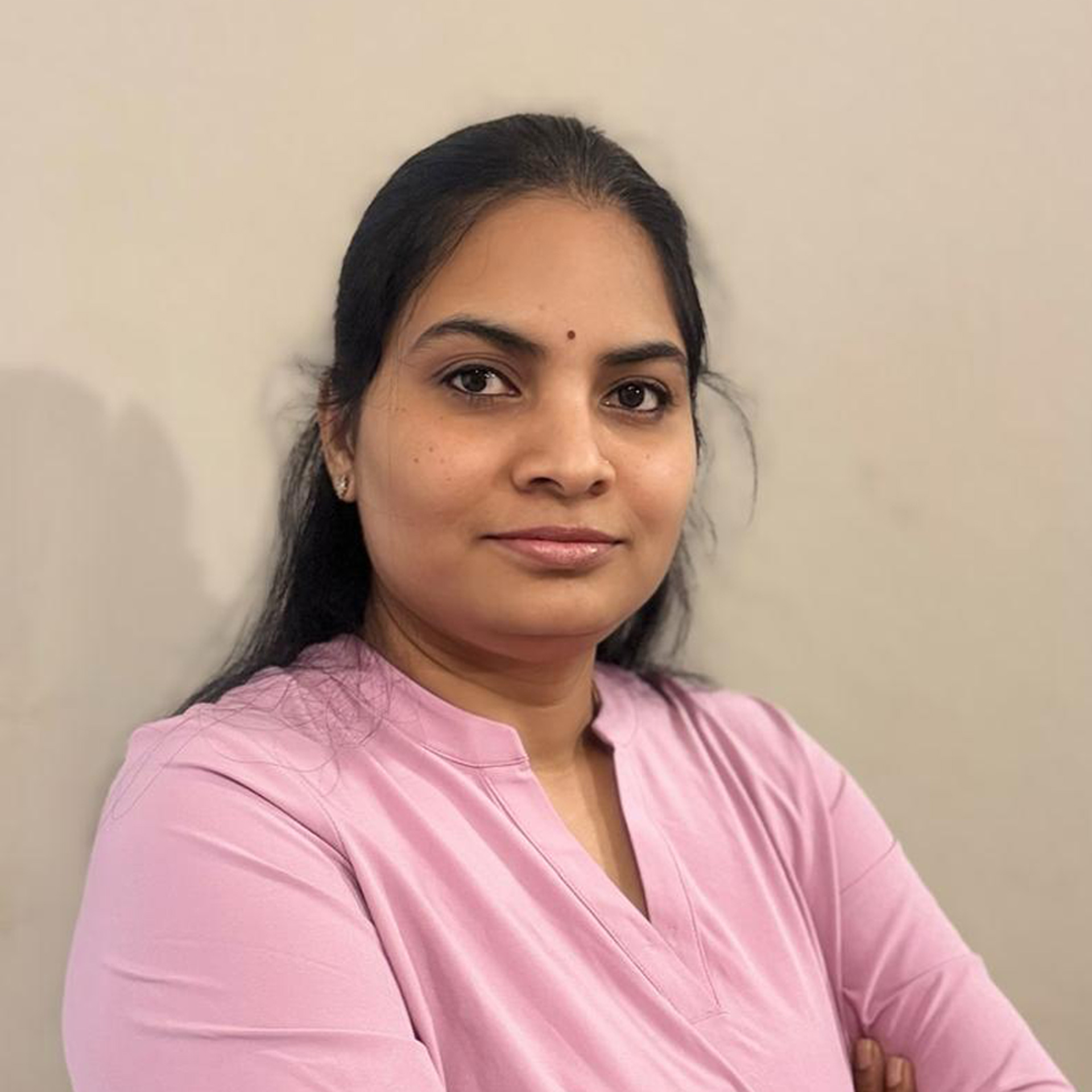Yoo Kyung Lee Brings Smarter Scheduling to Clinics with Smart Calendar Hub
Yoo Kyung Lee
Yoo Kyung Lee is a UX designer with a creative and inclusive mindset, blending multidisciplinary expertise and a research-driven approach to deliver thoughtful, impactful, and truly human-centered design solutions.My name is Yoo Kyung Lee, and I’m a UX designer with a creative and inclusive mindset, shaped by a multidisciplinary background and a research-driven approach. I specialize in human-centered design, navigating the full end-to-end process—from discovery to delivery—while leveraging AI tools and prompt engineering to enhance ideation, prototyping, and user insights. I believe the most equitable and impactful designs are rooted in deep research.
By translating both qualitative and quantitative data into purposeful, intuitive user experiences, I ensure every design decision reflects real human needs. My passion for design began at a young age, driven by a fascination with visuals and aesthetics.
As an undergraduate at Pratt Institute studying interior design, I discovered that my greatest strength lay in research—uncovering insights that shaped meaningful and successful design outcomes. This realization led me to pursue a master’s degree in Human-Centered Design at Southern Methodist University, where I deepened my expertise in design research and user-centric digital product development.
Today, I work in the tech industry, helping merchants achieve seamless, end-to-end digital experiences through a rigorous, research-informed process, focusing on e-commerce and healthcare.
Being recognized with a MUSE Design Awards, an important international design competition, affirms that my work is making a meaningful impact on users’ lives. This recognition not only motivates me to keep pushing the boundaries of human-centered design but also strengthens my commitment to creating digital experiences that bring ease, inclusiveness, and value to people’s everyday lives.
Being recognized with a MUSE Design Awards affirms that my work is making a meaningful impact on users’ lives. This recognition is not only a huge milestone in my career, but also for Aesthetic Record.
As the sole lead UX designer, I was responsible for creating the end-to-end experience from the ground up, shaping the product vision and execution. Seeing the positive impact this had on our users was deeply rewarding. Through this process, I not only strengthened my design and research skills but also gained confidence to trust my creative instincts and push for solutions that truly reflect user needs.
Experimentation is where the real learning happens in UX design. I remember working on the experience for a client—I thought I had the flow figured out, but once I put early prototypes in front of users, I discovered unexpected pain points. That feedback completely changed how I approached the design. Iterating through these experiments not only improved the product but also reminded me that great UX comes from observing, testing, and adapting—seeing how real people interact with what I create.
One of the most unusual yet valuable sources of inspiration for my creative design process comes from observing human-centered design in everyday life—whether in subway systems, signage, home goods, architecture, or interiors. These diverse examples give me fresh perspectives on how designers arrived at their solutions through iterative research and thoughtful processes.
Studying these real-world designs reminds me that impactful design often emerges from continuous exploration and refinement.
I want everyone to understand that the design process is not just about creating aesthetically pleasing products—it’s a rigorous, research-driven journey rooted in empathy.
Designers strive to uncover real human needs through deep research, then refine solutions through multiple rounds of user testing and iteration. Only through this process can we arrive at outcomes that truly deliver the best possible experiences for people using digital products.
In the design process, it’s essential to balance both the client’s business goals and the users’ needs. Achieving this requires cross-functional collaboration, where product managers, engineers, and designers come together early on to define success metrics for both the business and its users. Great design is never the result of a single idea—it emerges through active communication, shared perspectives, and true collaboration across teams.
UX design is ultimately about crafting a compelling story—from initial user research to the final design outcome. Normally, a design deck runs 28–32 slides to capture the full process, so condensing it into just 10 slides for the judges was a real challenge.
This experience pushed me to prioritize clarity and impact, focusing on the most essential elements: the final results, the functionality of the new design, and the way I solved the problem. It taught me how to communicate complex processes with precision and simplicity.
To recharge my creativity, I enjoy going on bike rides in nature and painting watercolors inspired by my favorite memories. Stepping away from the complexities of the design process allows me to reset, reconnect with nature, and express myself through a different creative outlet. These moments not only refresh my mind but also spark new perspectives that I can bring back into my design work.
Good design always starts with deep research. I rely on user insights and data to guide my design decisions, ensuring that every solution is not only thoughtful but also effective in solving real problems and improving the user experience.
Keep pursuing your passion—you’ll discover that you are capable of designing far more than you ever imagined. Never give up on what inspires you most. Stay curious, keep exploring, and continue uncovering innovative ideas along the way.
I would love to collaborate with Don Norman, the pioneer of human-centered design. His work laid the foundation for design that prioritizes empathy, usability, and accessibility. Working with him would be an opportunity to dive deeper into research-driven design processes and explore how empathy can continuously shape digital experiences that truly serve people.
I wish people would ask, “What was the key to the success of your work?” For me, the key to success in a design project is constant curiosity, collaboration, and thorough research.
Winning Entry
Explore the journey of Tinglung Chang, the Gold Winner of the 2025 MUSE Design Awards. He brings over a decade of design expertise to Playhomess, crafting furniture and décor that transform daily spaces into elevated experiences.
ADVERTISEMENT
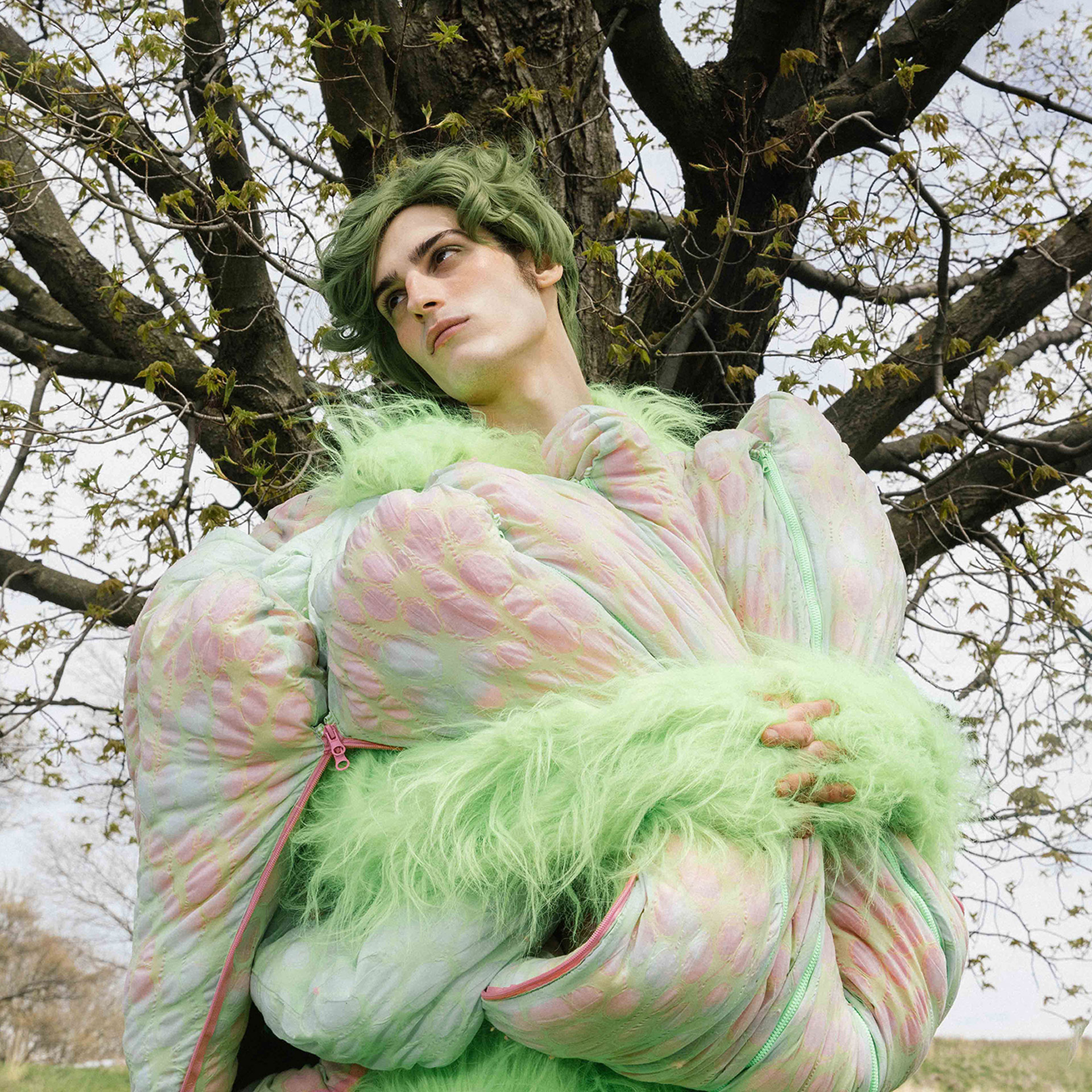
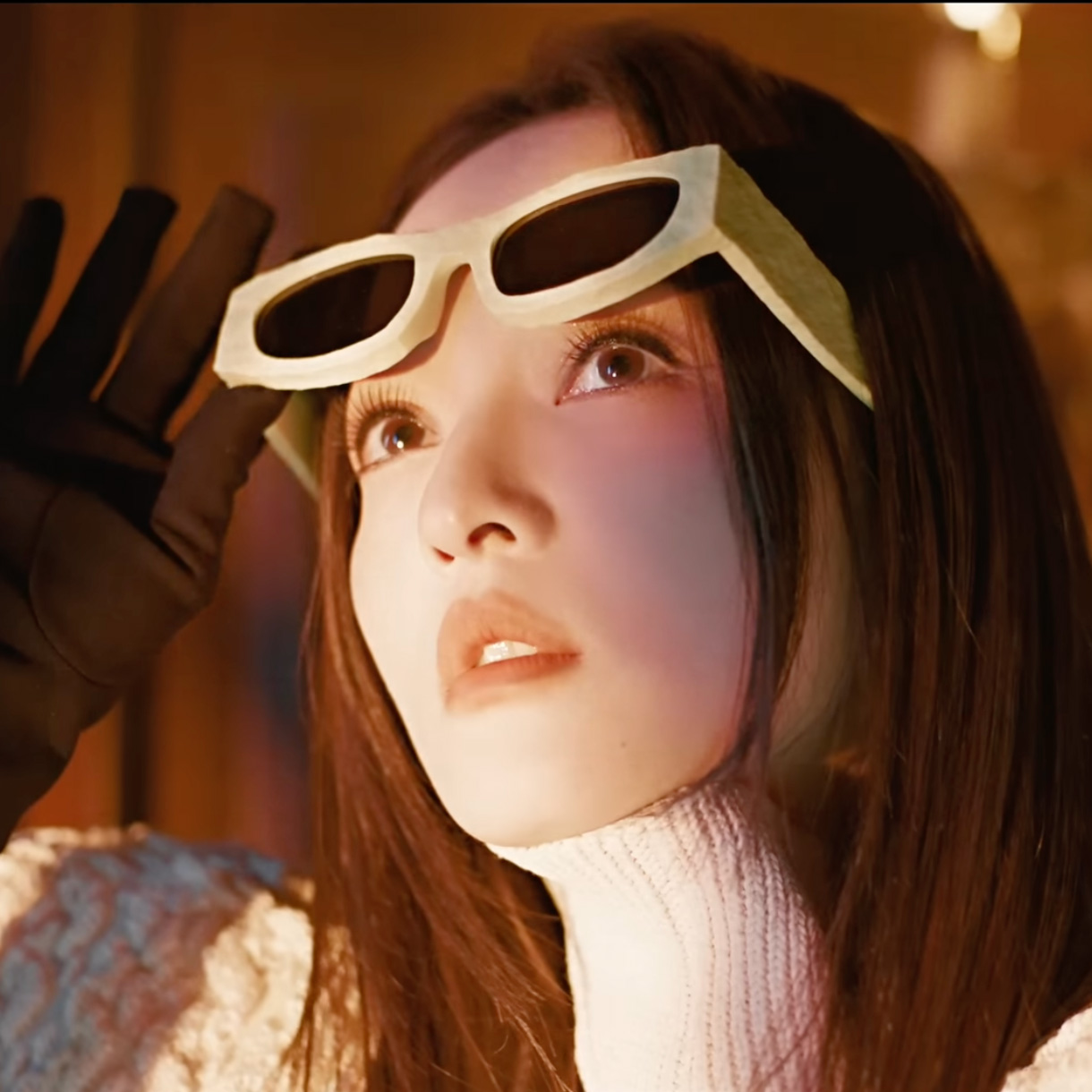
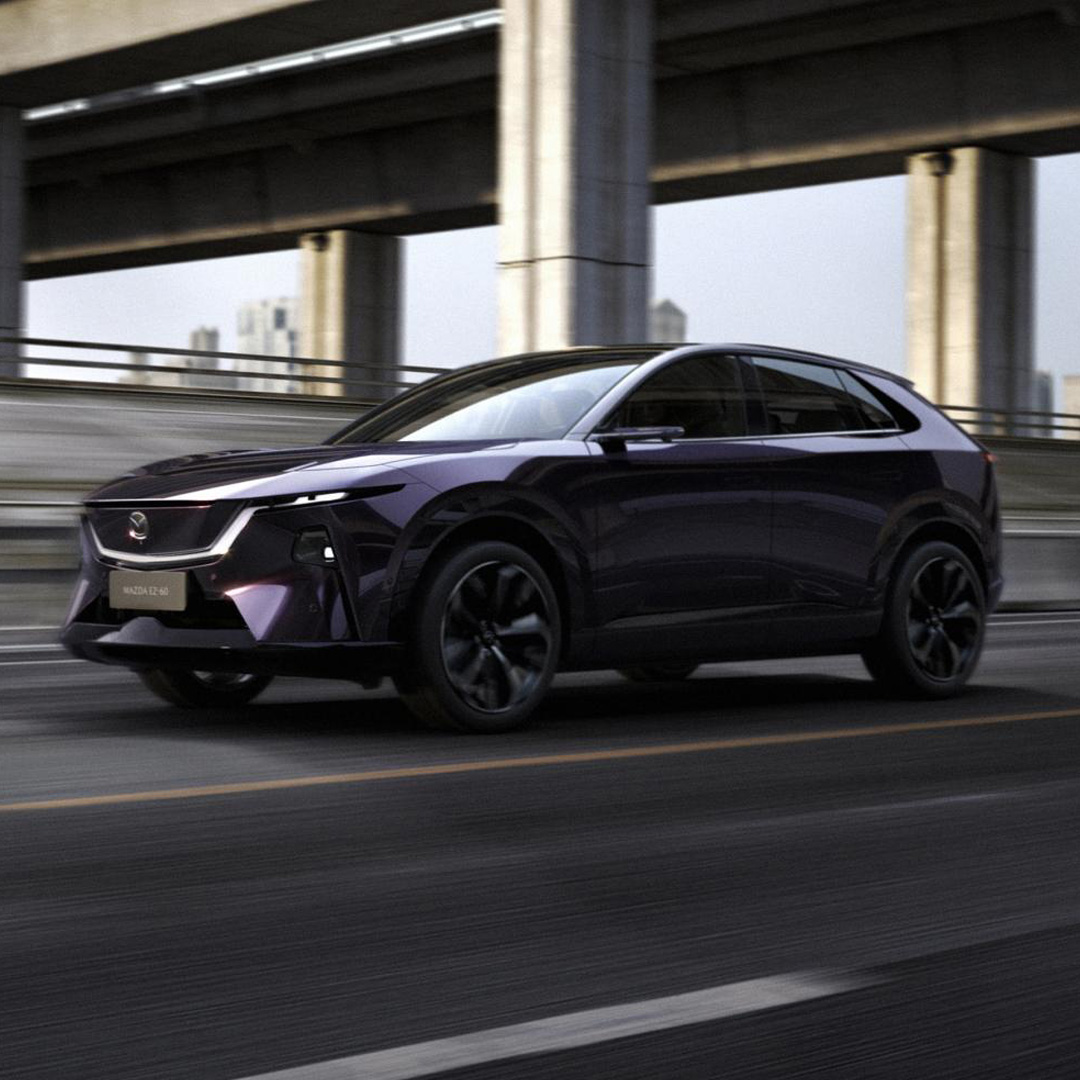


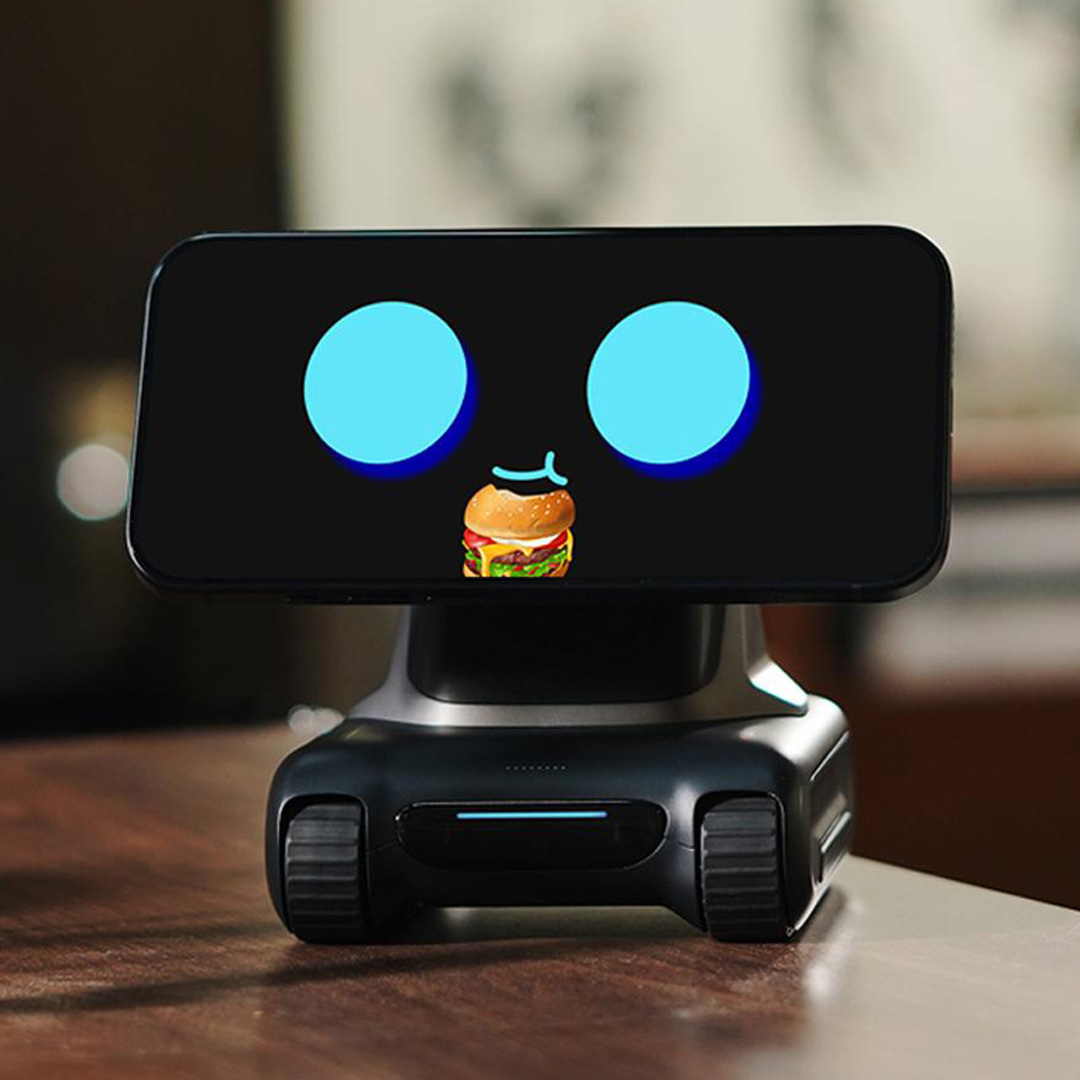
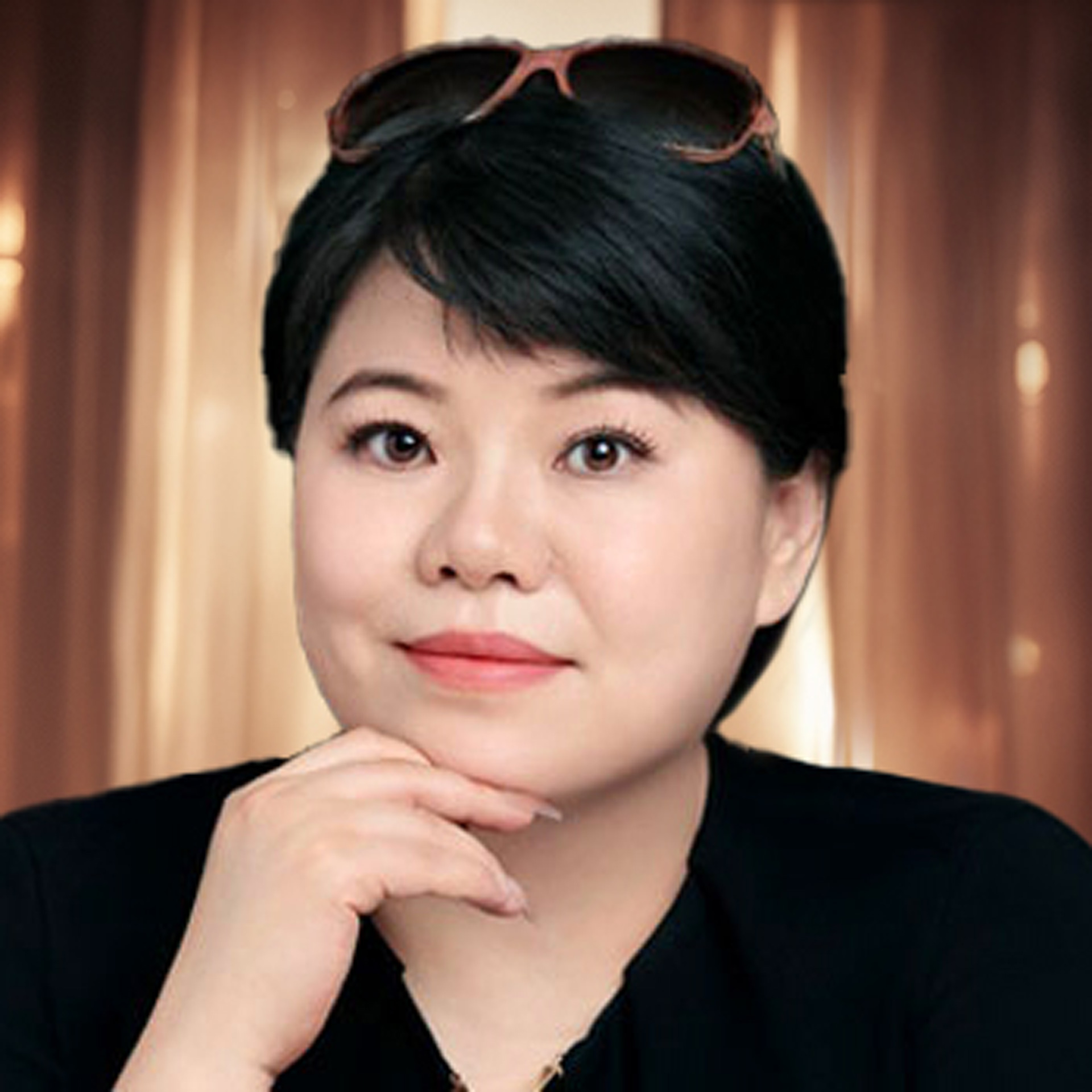
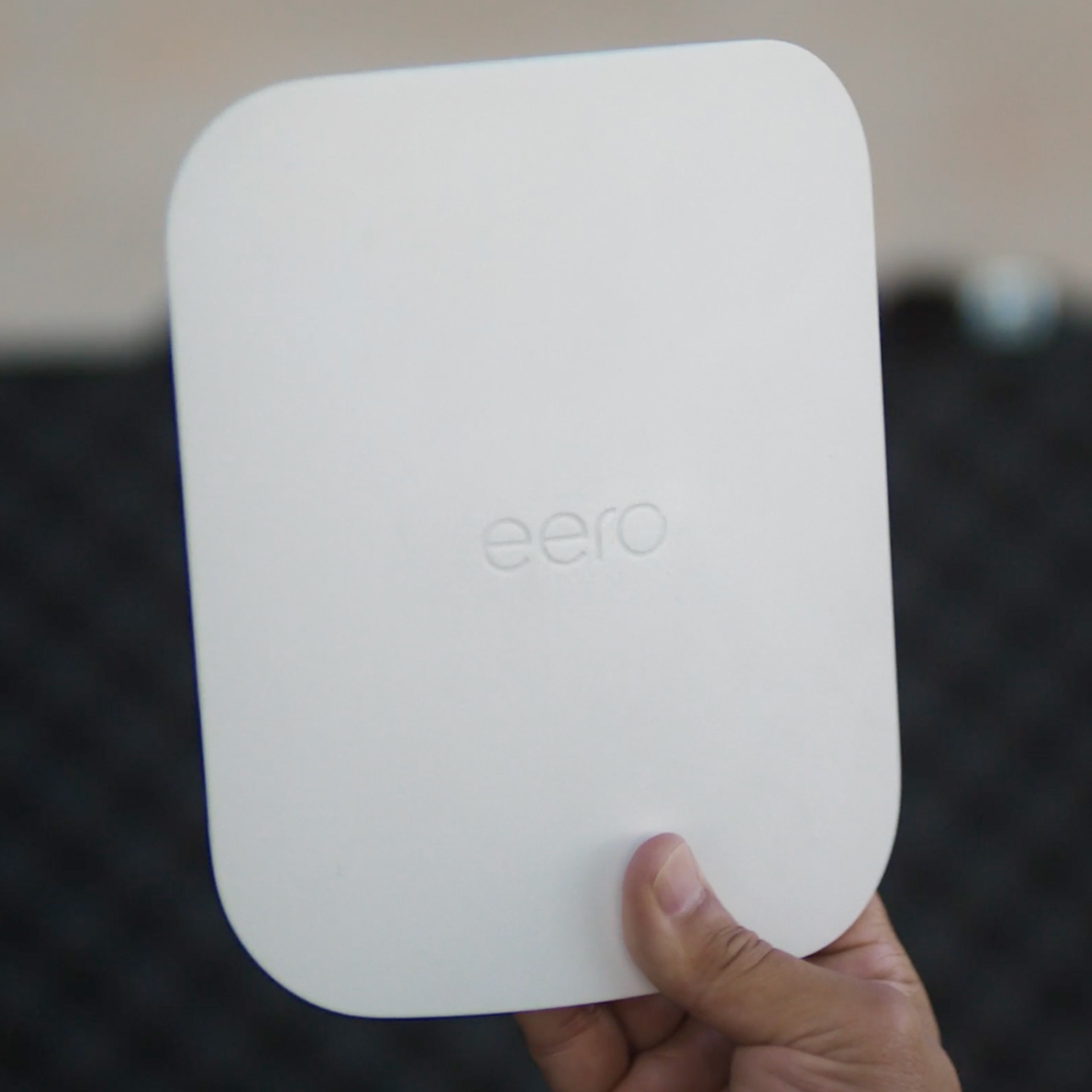
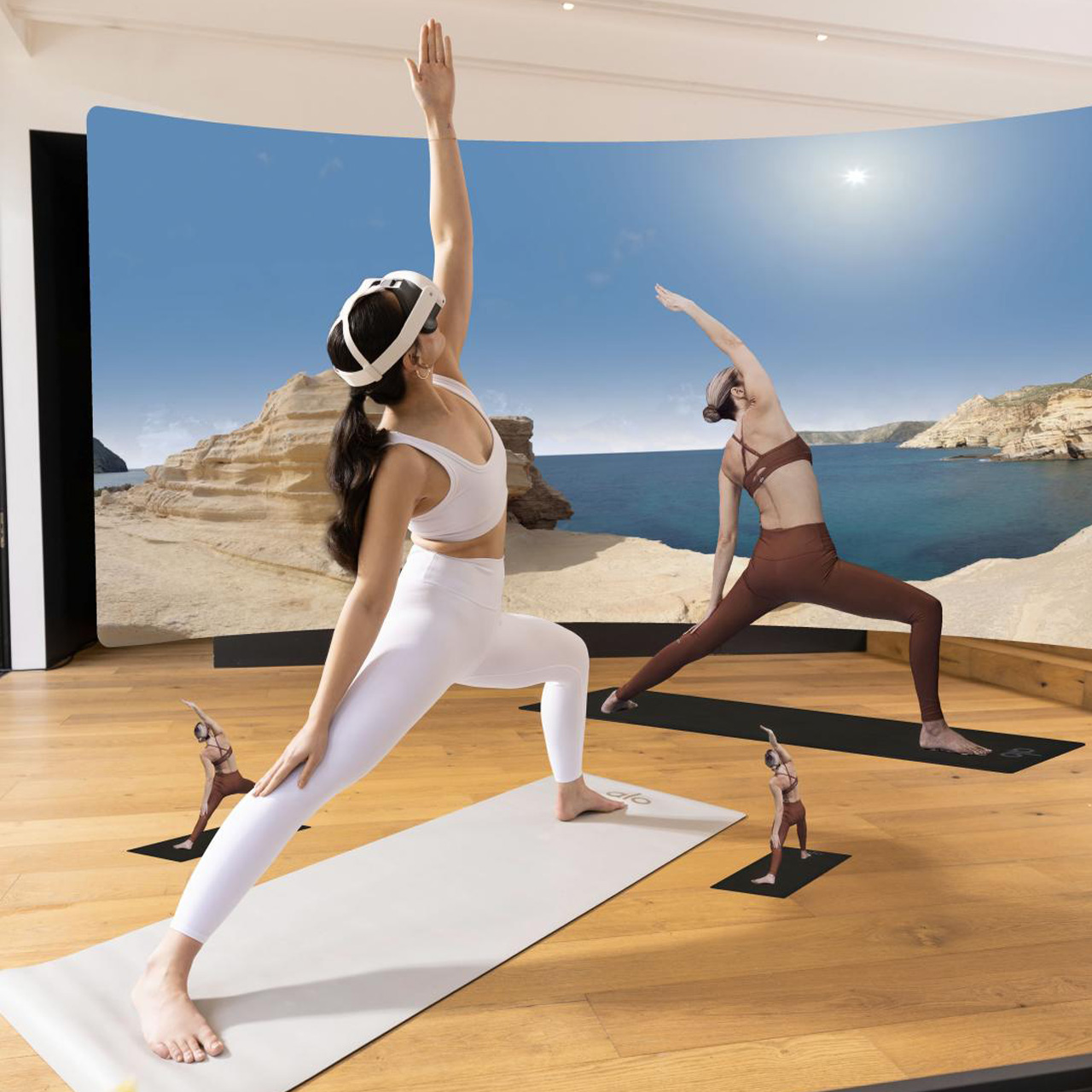

IAA GLOBAL AWARDS
MUSE Awards
Vega Awards
NYX Awards
TITAN Awards
- TITAN Business Awards
- TITAN American Business Awards
- TITAN Property Awards
- TITAN Women In Business Awards
- TITAN Health Awards
- TITAN Innovation Awards
- TITAN Brand Awards
